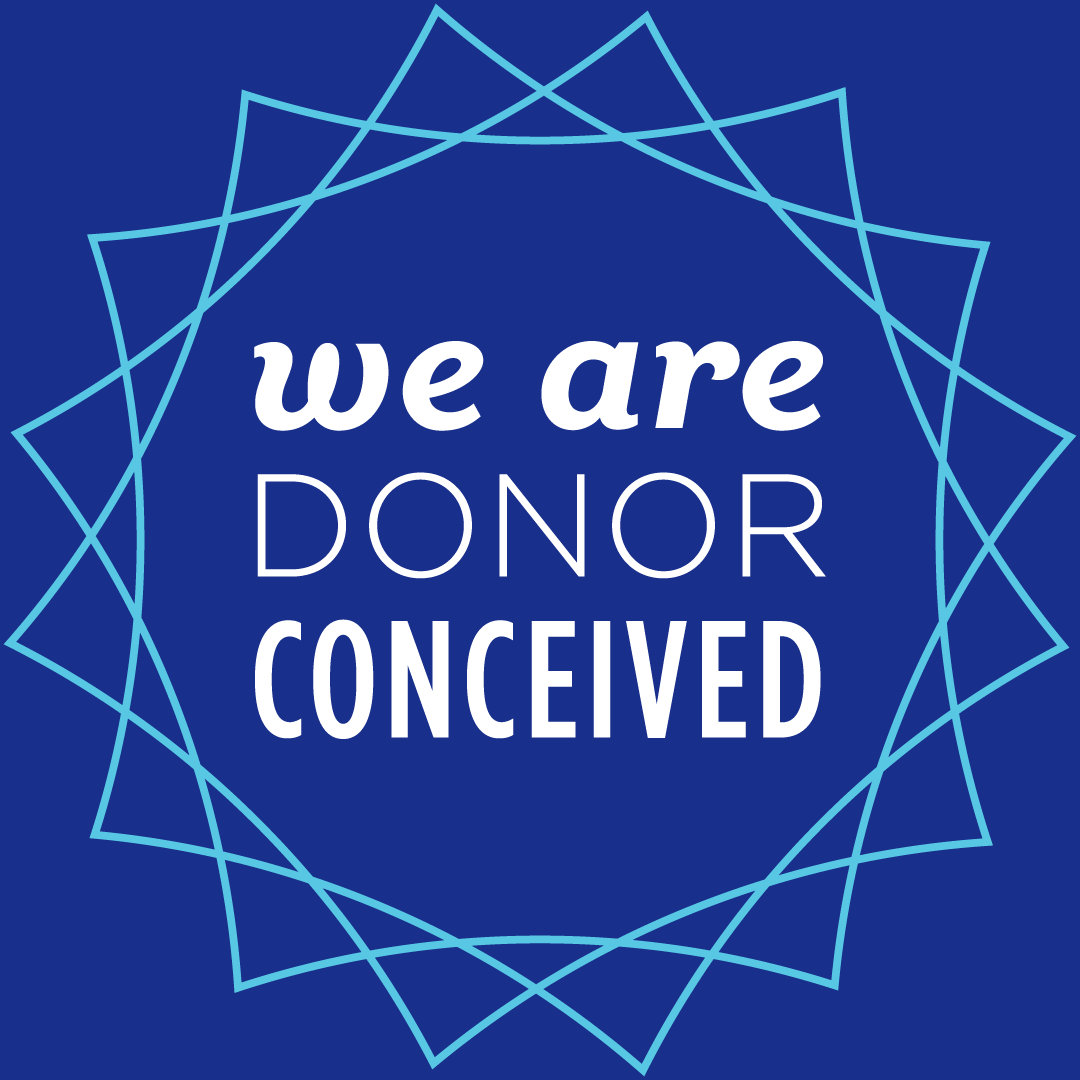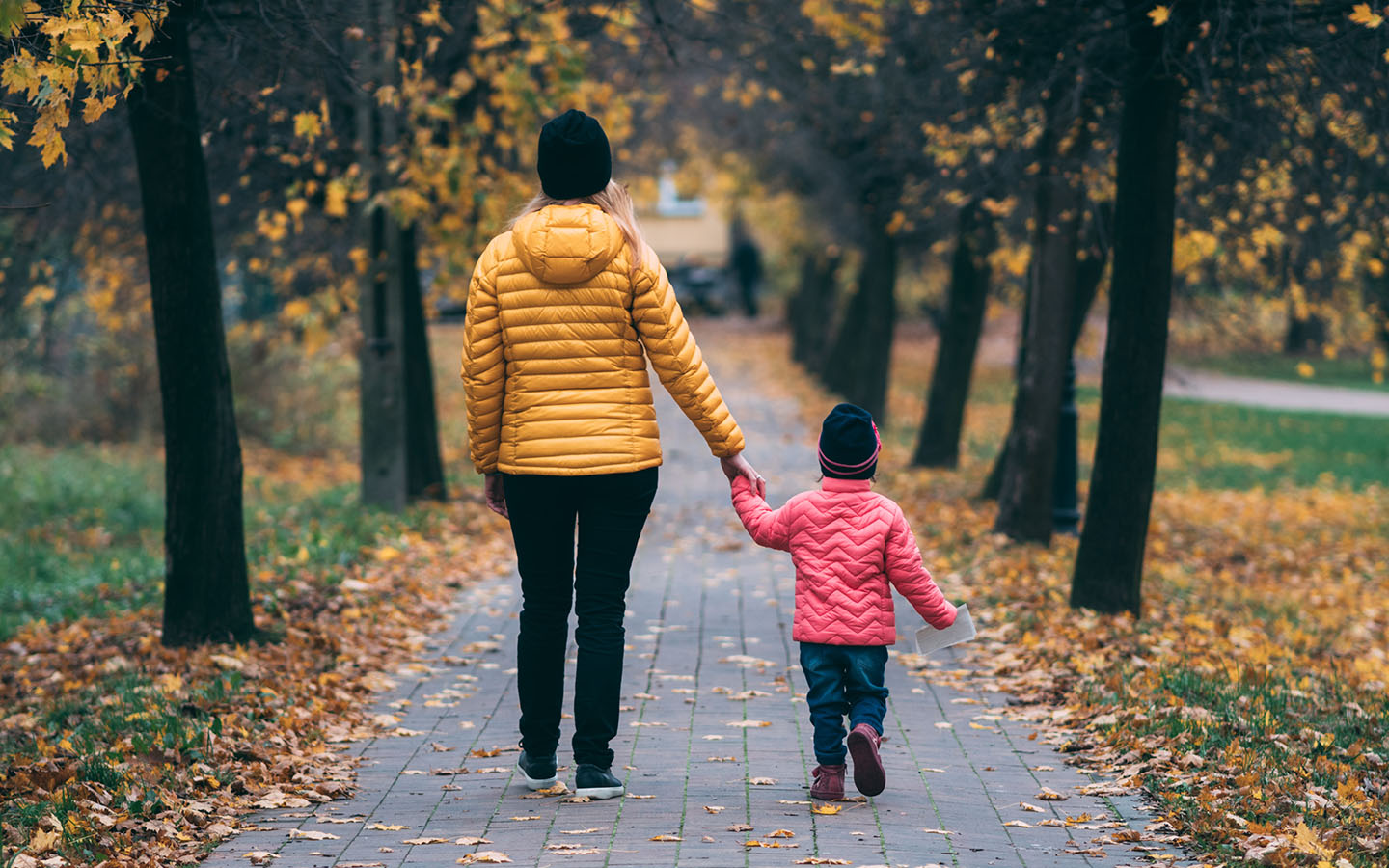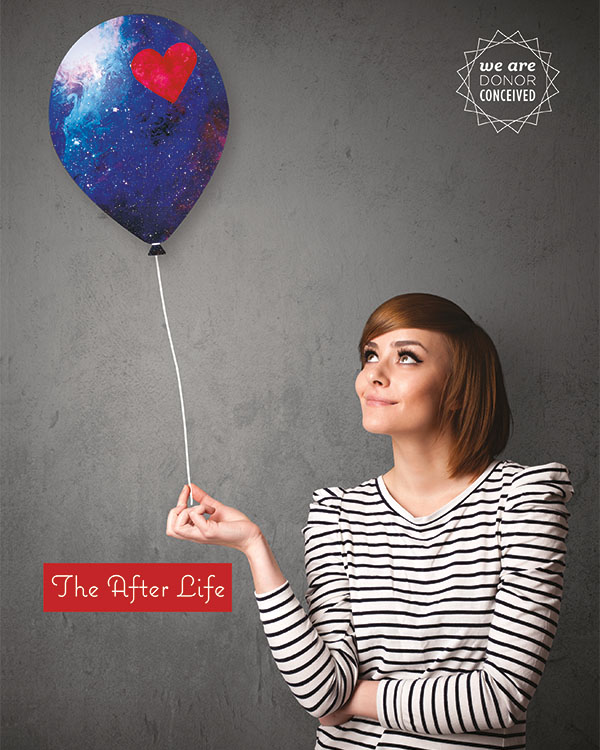If you are considering using donor sperm or eggs to create a child to complete your family, there are a few things you should know before you begin.
Secrecy is not an option
Concealing details about how a child was conceived doesn’t protect them from the truth; it requires a lifetime of deception (i.e. lying by omission). Similar to adoptees, children conceived via egg or sperm donors benefit from knowing their origin story from an early age and having the support of caregivers as their feelings evolve and change.
There is no such thing as an anonymous donor
Thanks to consumer DNA testing like AncestryDNA and 23andMe, egg and sperm donors can’t expect to remain anonymous — and that’s a good thing! Many people conceived this way need to know the identity of person who provided half of their DNA for a variety of reasons, including filling in the gaps of their health history or identity. In some cases, being blocked from accessing this information can cause lasting physical or psychological harm.
Know better, do better
There is no guaranteed method to ensure a donor conceived child is “happy” or “content” with how they came to exist, but intended parents can minimize the potential for harm by choosing a donor they know and trust, being open and honest with their child about their conception (in age-appropriate terms) before age three, and supporting relationships with genetic family members — including the egg or sperm donor and any donor conceived siblings.
Seek guidance
Using an egg or sperm donor is one way to create a family, but it’s not the right choice for every intended parent. Before you make any decisions, consult with a therapist who is well versed in the experiences of donor conceived people. A competent therapist can help you consider how the choices you make will affect a future child and center their social, emotional, and physical needs.
Listen to the voices of DCP with an open mind
Donor conceived people face unique challenges. To learn more about the lived experiences of donor conceived people and read advice from mental health professionals and parents of DCP, purchase a copy of the We Are Donor Conceived magazine.
FAST FACTS FROM THE 2020 We ARE DONOR CONCEIVED SURVEY
The 2020 We Are Donor Conceived survey captured nearly 500 responses from donor conceived people around the globe. Findings indicate that:
Donor conceived people do not support anonymous sperm or egg donation
The vast majority of respondents (94%) believe that all donor conceived people should have the option to know the identity of the donor used to create them. Nearly three-quarters (74%) believe anonymous egg or sperm donation is unethical, and 99% agree that all donor conceived people should have the option to know the donor’s health history.
Donor conceived people are likely to seek a relationship with the donor used in their conception and their donor conceived siblings
While the specific nature of the desired relationship varies from person to person, the largest segment of respondents (31%) indicated they hope to form a close friendship with the egg or sperm donor, while 21% seek a casual acquaintance. Regarding donor conceived siblings, nearly half of respondents (49%) said they hope to form a close friendship, while 30% seek a traditional sibling relationship. Only 2% do not desire any form of relationship with their donor siblings.
Open communication and access to genetic relatives leads to “positive” experiences
Survey respondents who learned they are donor conceived prior to age three were significantly more likely to categorize their overall experience as “positive” compared to those who found out later in life. Respondents who classified their experience as positive were significantly more likely to have discovered donor siblings, know the identity of the person whose DNA was used in their conception, and indicate they received a positive response from the egg or sperm donor if they attempted contact.
Click here to read the full survey report.
Other resources
You Look Like Me (podcast)
Donor Conception in the United States Compared to Other Countries (U.S. Donor Conceived Council)
2022 Survey of U.S. Sperm Banks (U.S. Donor Conceived Council)
Top photo by Krzysztof Kowalik on Unsplash


